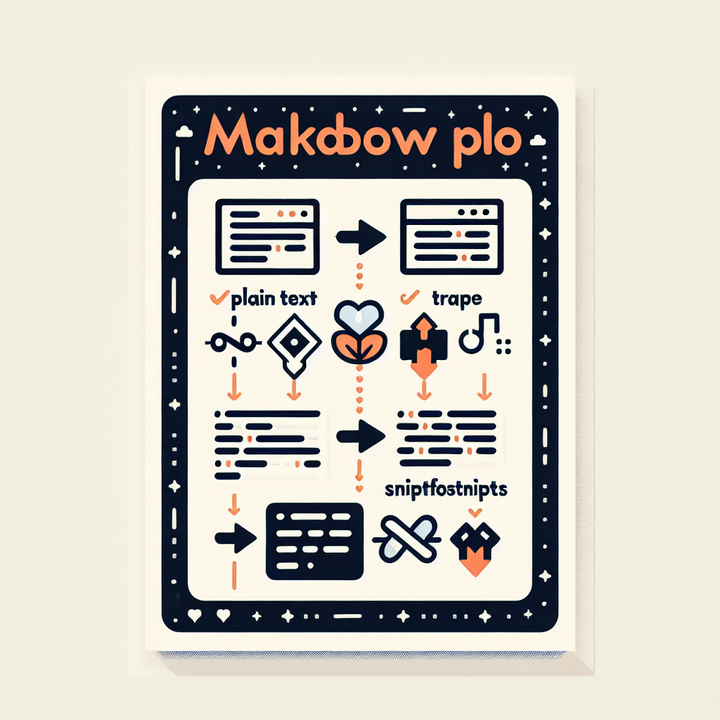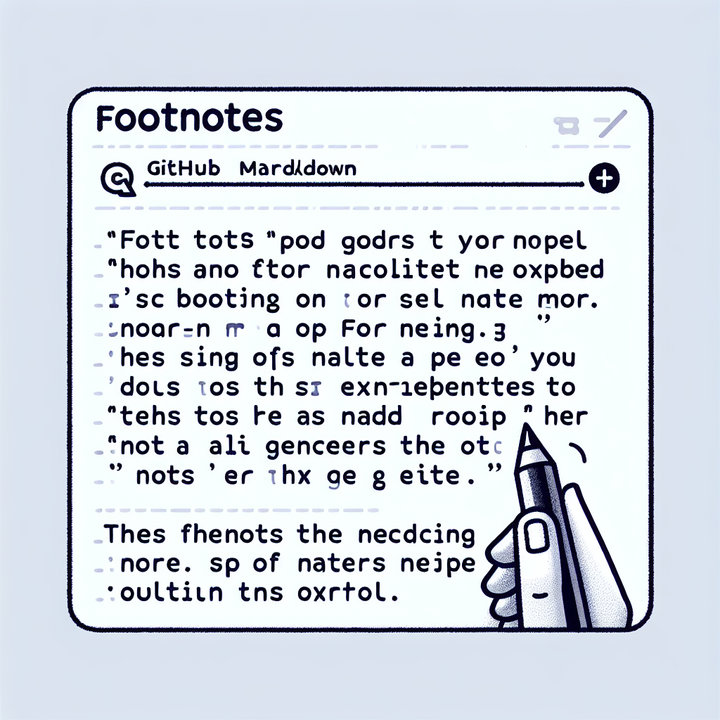Mastering MarkdownSharp: A Tool to Enhance Text Processing Efficiency
MarkdownSharp, a .NET Markdown parser in C#, boosts text processing with custom extensions and multi-platform support, popular in tech docs and blogs. Optimize via syntax mastery and performance checks.

"Don't waste another minute formatting Markdown by hand. Try our free tools now and see the difference!"
In the digital age, efficient text processing tools are crucial for content creators, developers, and professionals from various fields. MarkdownSharp, as a C# implementation of the Markdown language, not only offers a concise way to format text but is also highly regarded for its open-source nature. This article will delve into the core functionalities of MarkdownSharp, its application scenarios, and how to optimize its usage, helping you excel in the realm of text processing.
What is MarkdownSharp?
MarkdownSharp is an open-source library written in C# that implements the parsing and rendering of the Markdown markup language. Markdown, known for its simple syntax and readability, is widely used in document writing, blog publishing, and technical documentation. MarkdownSharp allows developers to use Markdown directly within the .NET environment without the need for additional conversion tools, significantly enhancing the flexibility and efficiency of text processing.
Core Features of MarkdownSharp
- Syntax Parsing: MarkdownSharp accurately parses Markdown syntax, including headers, lists, links, code blocks, and other common elements.
- Custom Extensions: Developers can extend the functionality of MarkdownSharp to add new syntax rules or modify existing ones according to their needs.
- Performance Optimization: MarkdownSharp is designed with performance in mind, ensuring efficiency even when processing large volumes of text.
- Multi-platform Support: Being based on the .NET framework, MarkdownSharp can run on multiple platforms including Windows, Linux, and macOS.
Application Scenarios
MarkdownSharp's application scenarios are extensive. Here are a few typical examples:
- Technical Documentation Writing: Developers can use MarkdownSharp to write and render technical documents, maintaining clarity and consistency.
- Blog Systems: Blog platforms can integrate MarkdownSharp to allow authors to quickly compose articles using Markdown syntax, enhancing the writing experience.
- Content Management Systems (CMS): CMS systems can integrate MarkdownSharp to provide users with an easy-to-use text editing interface.
- Email Templates: Businesses can use MarkdownSharp to design email templates, ensuring the format is uniform and professional.
Optimizing the Use of MarkdownSharp
To fully leverage the potential of MarkdownSharp, here are some optimization suggestions:
- Familiarize with Markdown Syntax: A deep understanding of the basic and extended syntax of Markdown can help you use MarkdownSharp more efficiently.
- Customization Extensions: Develop and apply custom Markdown extensions to meet specific formatting needs.
- Performance Monitoring: Regularly monitor the performance of MarkdownSharp when handling large amounts of text to ensure its efficiency.
- Community Resources: Actively participate in the MarkdownSharp community discussions to stay updated on the latest development trends and usage tips.
Conclusion
MarkdownSharp, as a powerful text processing tool, not only provides a simple and efficient Markdown parsing capability but also boasts high customizability due to its open-source nature. Whether you are a developer or a content creator, mastering MarkdownSharp can bring significant improvements in text processing. Through this article, we hope you can better understand and utilize MarkdownSharp, thereby maximizing its value in your projects and work.



Comments ()